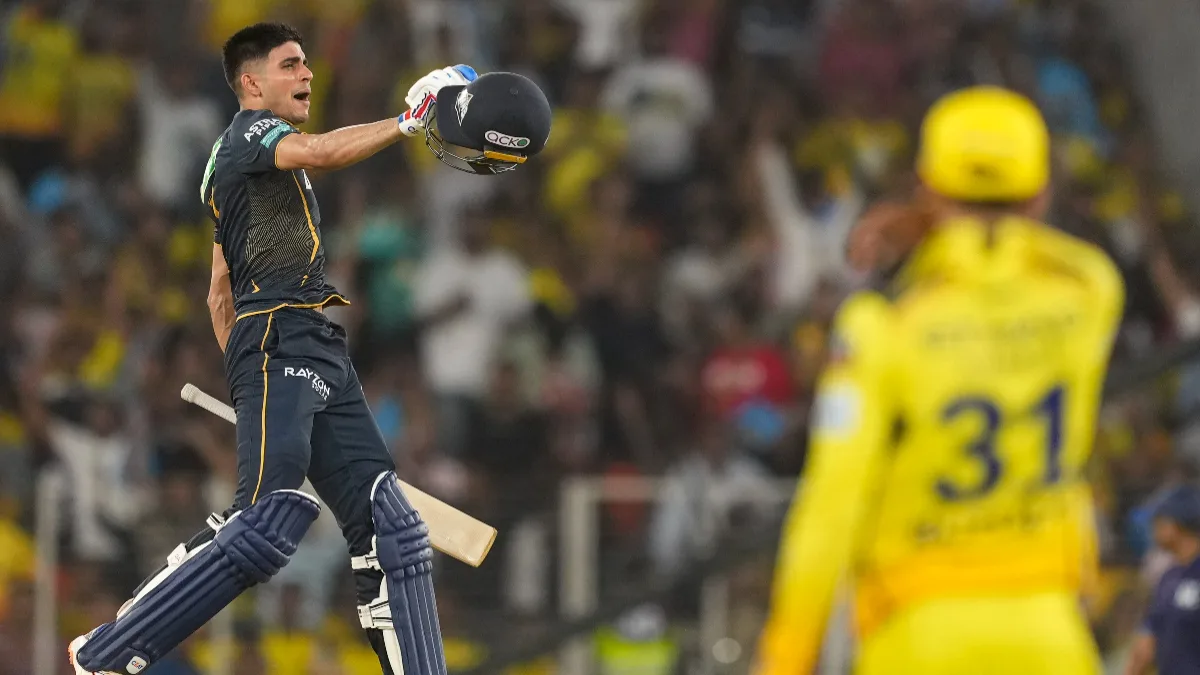The much-anticipated Pakistan-India T20 World Cup match is set to take place in Colombo on February 8, marking one of the most exciting starts to the tournament. Cricket fans around the world are eagerly waiting for this clash, known for its high-intensity gameplay and deep-rooted rivalry between the two nations. However, ahead of the match, a new controversy has emerged — this time involving the Asia Cup trophy and political friction between the cricket boards of both countries.
Trophy Dispute Between BCCI and ACC
The Board of Control for Cricket in India (BCCI) has shown reluctance to receive the Asia Cup trophy directly from Mohsin Naqvi, the President of the Asian Cricket Council (ACC). According to BCCI Secretary Devajit Saikia, India has officially requested that the ACC send the trophy to them rather than handing it over in person. Saikia stated that if the ACC does not comply, India may escalate the matter to the International Cricket Council (ICC).
This stance from India has added tension to what should have been a purely sporting affair. The ACC had earlier proposed that India receive the trophy at a ceremony scheduled for November 10, but the BCCI’s insistence on bypassing the presentation has created diplomatic discomfort within the cricketing community.
Pakistan’s Response and Legal Stand
In response, Pakistan has taken a firm position on the issue. The Pakistan Cricket Board (PCB) has obtained legal advice to counter any potential actions from the Indian side that might violate ACC regulations. Mohsin Naqvi, representing both the PCB and ACC, sent a detailed response to the BCCI clarifying the Council’s neutral and apolitical role.
Naqvi acknowledged India’s victory in the Asia Cup and noted that the matter had been discussed extensively during the ACC’s Annual General Meeting. However, he emphasized that cricket should remain free from political influence and that the ACC would continue to operate with fairness and neutrality toward all member countries.
Support from Other Member Nations
The dispute over the Asia Cup trophy has not gone unnoticed by other cricket boards. Reports suggest that Sri Lanka and Afghanistan have expressed their support for India’s stance, arguing for a more formalized process in trophy transfers. Still, many observers believe that this issue could have been handled internally without public escalation, especially given the high-profile nature of the Pakistan-India T20 World Cup match approaching in February.
Cricket Amid Politics
The ongoing tension reflects a recurring challenge in cricket relations between Pakistan and India. Despite both nations being cricketing powerhouses, political strains often overshadow sporting diplomacy. While players and fans look forward to thrilling matches, administrative disagreements such as this one risk shifting attention away from the game itself.
The Pakistan-India T20 World Cup match in Colombo is expected to draw millions of viewers across the globe. Yet, as the off-field exchanges continue, questions arise about whether politics will once again influence the spirit of cricket. Many analysts argue that both boards should prioritize the sport’s global image and focus on maintaining professionalism ahead of such an important event.
A Historic Rivalry Continues
Every time Pakistan and India face each other on the cricket field, it becomes more than just a match—it’s a spectacle that captures global attention. From thrilling chases to dramatic last-over finishes, their encounters have consistently delivered unforgettable moments. The upcoming Pakistan-India T20 World Cup match in Colombo is expected to continue this tradition, with fans from both sides hoping their team will emerge victorious.
Despite the tension surrounding the Asia Cup trophy, both teams are preparing intensely for the tournament. Pakistan’s batting lineup, powered by young talent and experienced players, looks strong, while India’s depth in both bowling and batting makes them a formidable opponent.
Maintaining Sportsmanship and Focus
While administrative challenges persist, players from both nations have repeatedly emphasized mutual respect on the field. Cricket, at its core, serves as a unifying force — a platform that transcends political boundaries. The hope among fans and analysts is that both cricket boards will resolve their disputes diplomatically so that the focus remains on the players and their performance.
The ACC, too, has an important role to play in ensuring neutrality and maintaining harmony among member boards. Its leadership under Mohsin Naqvi has expressed a commitment to keeping politics separate from sports, a principle that will be critical in preventing future controversies.
The Pakistan-India T20 World Cup match in Colombo on February 8 promises to be a thrilling start to the tournament. Yet, as both cricket boards engage in disagreements over the Asia Cup trophy, the need for professionalism and unity in sports diplomacy becomes even clearer.
Cricket has always had the power to bridge divides and bring nations together through shared passion and competition. As the countdown to the much-awaited match continues, fans hope that the focus shifts from administrative conflicts to the game itself — where true sporting spirit can once again shine on the world stage.



